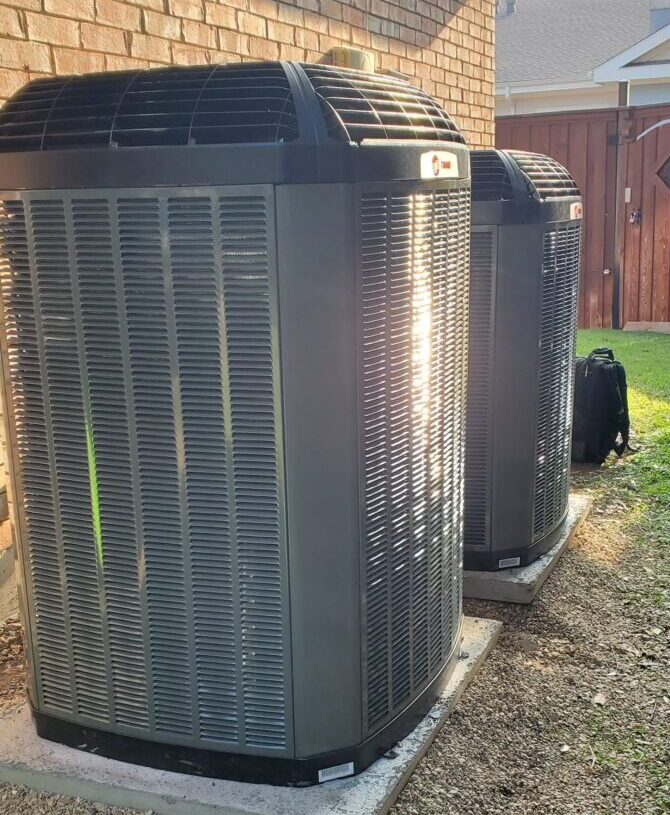When deciding between a heat pump and a dual fuel AC system for your home, it’s essential to weigh the pros, cons, and potential rebates. Both systems offer distinct benefits depending on your climate and budget.
Heat Pump: Pros and Cons
Pros:
- Energy Efficiency: Heat pumps are extremely efficient, using electricity to move heat rather than generating it. They provide heating and cooling in one system.
- Lower Operating Costs: Ideal for moderate climates, heat pumps are cost-effective due to lower electricity usage.
- Rebates Available: Many utility companies and government programs offer rebates for installing energy-efficient heat pumps, making them more affordable.
Cons:
- Less Efficient in Cold Weather: In freezing temperatures, heat pumps may lose efficiency and require a backup heat source.
- Higher Initial Cost: Although rebates can reduce costs, heat pumps typically have a higher upfront price than standard systems.
Dual Fuel AC System: Pros and Cons
Pros:
- Cold Weather Performance: A dual fuel system combines a heat pump with a gas furnace, switching between the two based on outdoor temperatures. This ensures efficiency in both moderate and cold weather.
- Fuel Flexibility: It operates on electricity when it’s mild and switches to gas in colder months, optimizing performance.
- Long-Term Savings: While it costs more upfront, the system balances energy consumption, reducing long-term heating bills.
Cons:
- Higher Installation Costs: Dual fuel systems can be more expensive to install than a standard heat pump or furnace.
- More Complex Maintenance: Regular servicing is needed for both the heat pump and furnace.
Budget and Rebates
If you live in a milder climate, a heat pump is a cost-effective option, especially with available rebates that can significantly lower installation costs. For colder climates, a dual fuel AC system offers optimal performance but comes with higher upfront costs. Both systems are eligible for federal tax credits and local rebates due to their energy efficiency, making them attractive choices for homeowners looking to save money and reduce their environmental impact.
Choosing the right system depends on your climate, budget, and desire for long-term savings.



